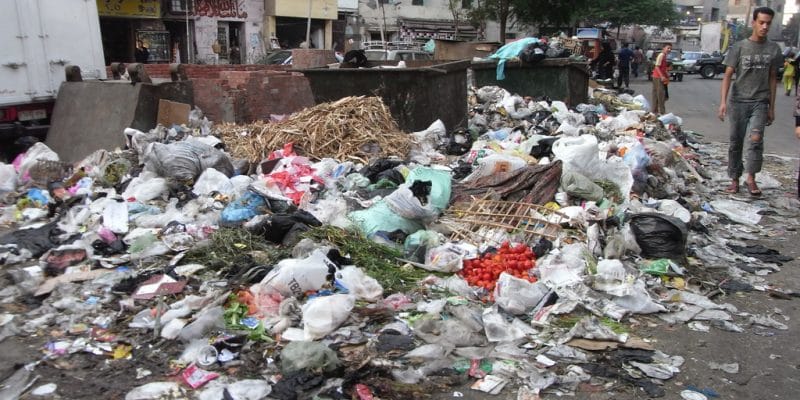Water, recycling and waste recovery are the focus of a conference to be held at Al Akhawayn University in Morocco in February 2020. The event, which will bring together participants from some twenty countries, will provide a forum for discussion on the future of recycling, waste and water in Morocco and Africa.
The dates of the 7th edition of the International Symposium on Water, Recycling and Waste Recovery (ERVD’ 7) are now known. The event will be held from the 28th to the 29th of February 2020 at Al Akhawayn University, located in Ifrane, a city located in the mountains of the Middle Atlas in Morocco. This symposium is a time for reflection on the policies to be implemented to promote investment opportunities in the water, recycling and waste recovery sector. It will also allow participants to discuss the latest innovations proposed in the sectors concerned and to raise awareness among decision makers and economic operators in the country of the importance of recycling.
In addition, researchers will take this opportunity to explore the possibilities of partnerships between laboratories and the research groups to which they belong, in order to carry out more effective research on the main themes of the symposium (water, recycling and waste recovery.) The symposium is organised by the Sustainable Development Task Force (SDTF), in partnership with the host university. For this edition, researchers from about 25 countries are expected.
The very first edition of the ERVD was held at the Faculty of Medicine and Fez in 2012. Last year, the private university of Fez hosted this conference. A host of topics were on the agenda, including waste recycling and recovery, water, technology (water) and climate.
Upgrade 20% of waste before the end of 2020
In its latest report published in 2018, the Secretary of State for Sustainable Development recalled that in Morocco, the achievements of the national household waste programme remain low. Although the country has achieved a collection rate of 85.2%, the rate of controlled landfills is only 22.27%. In addition, the country aims to achieve a rate of 20% of waste reused in landfills by the end of 2020.
Luchelle Feukeng





